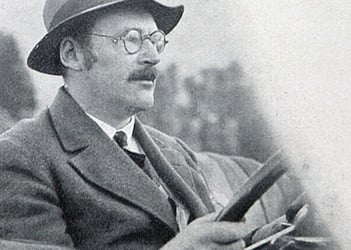Tratz, the founder of Salzburg’s Natural History Museum (Haus der Natur), was awarded the honorary doctorate in June 1973 – three and a half years before his death.
More than 40 years later, the Senate of the University has now formally revoked it, saying that Tratz should never have received it as he was “unworthy” – having been a committed member of the Nazi party.
After the Anschluss he spent much of the Haus der Natur's funding on adding eight new areas dealing with such topics as eugenics and racial hygiene.
In 1939, Tratz was one of a number of scholars sent to Poland in order to help plunder the country's museums. He also contributed articles to Nazi journals in which he lamented “foreign-bred strains” and spoke in favour of “eliminating cripples and freaks”. He was awarded a 'death skull' SS Honour Ring by Heinrich Himmler.
After World War II he was interned for two years before being judged a "lesser activist", and allowed to return to his role as director of the Haus der Natur in 1949.
Many of the exhibits he had plundered were returned to Warsaw, but plaster casts of supposed types of Nordic and Jewish races remained on display into the 1990s.
According to an ORF report Salzburg University is now checking whether it might have other “problem cases” among people who were awarded honorary doctorates since the modern university was established in 1962.
So far, it has awarded 88 honorary doctorates – including to prominent figures such as the writer Peter Handke, the conductor Herbert von Karajan, the painter Oskar Kokoschka and the zoologist Konrad Lorenz.
Only three years ago the mayor of the city of Klagenfurt used emergency powers to officially strike Adolf Hitler's name from the city's roll of honour, with several other Austrian towns arguing about whether the honorary titles of Hitler and other prominent Nazis had expired or not.



 Please whitelist us to continue reading.
Please whitelist us to continue reading.
Member comments